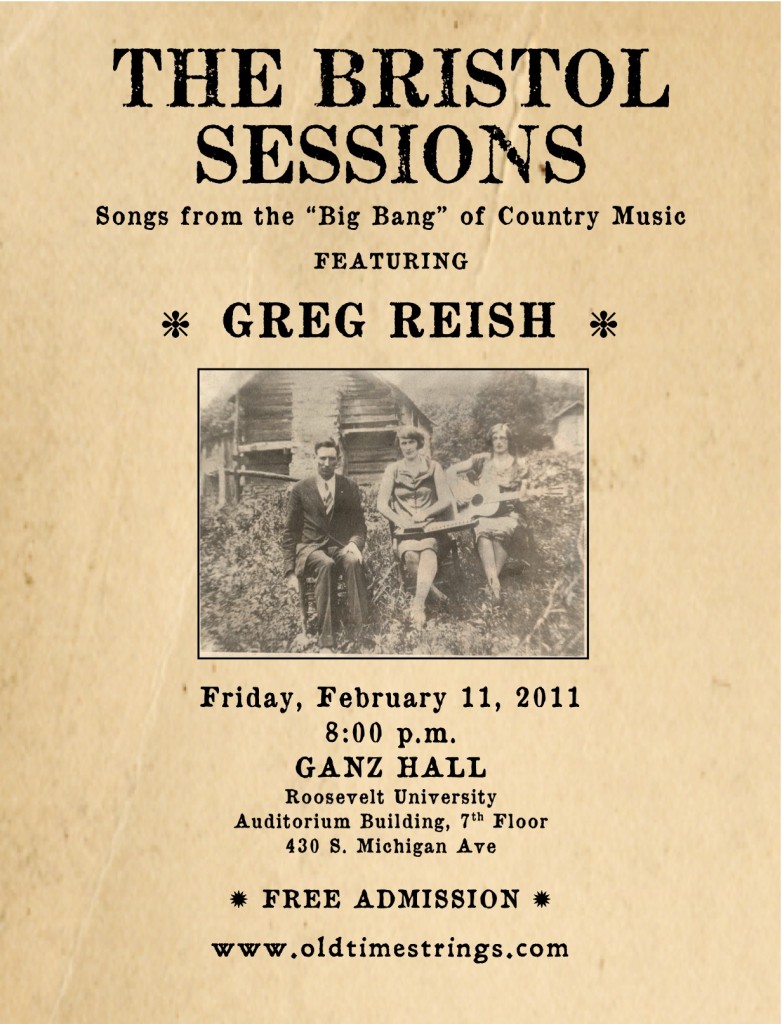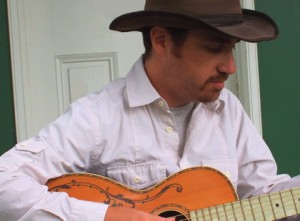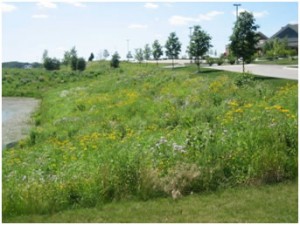 On Earth Day — that’s Friday, April 22nd — Roosevelt University’s Schaumburg Campus is proud to host a free public screening of Green Fire, the new full-length feature documentary of Aldo Leopold, a remarkable conservationist, scientist, and writer who helped shape the modern environmental movement in the US and beyond. As the Green Fire website notes, Leopold’s ideas and writings (most notably the 1949 classic, A Sand County Almanac) “remain relevant today, inspiring projects all over the country that connect people and land.” This film is an extraordinary co-production by the Aldo Leopold Foundation and the Center for Humans and Nature; its world premier was on Feb. 5th in Albuquerque, NM. RU’s screening will be the one of the first in the NW suburban Chicago region.
On Earth Day — that’s Friday, April 22nd — Roosevelt University’s Schaumburg Campus is proud to host a free public screening of Green Fire, the new full-length feature documentary of Aldo Leopold, a remarkable conservationist, scientist, and writer who helped shape the modern environmental movement in the US and beyond. As the Green Fire website notes, Leopold’s ideas and writings (most notably the 1949 classic, A Sand County Almanac) “remain relevant today, inspiring projects all over the country that connect people and land.” This film is an extraordinary co-production by the Aldo Leopold Foundation and the Center for Humans and Nature; its world premier was on Feb. 5th in Albuquerque, NM. RU’s screening will be the one of the first in the NW suburban Chicago region.
We are very pleased to have Gavin Van Horn, Director of Midwest Cultures of Conservation at the Center for Humans and Nature, join us on April 22nd for the Green Fire screening and a post-film discussion. Popcorn and refreshments will be provided — this will be a fun movie night as well as a chance to connect with the environmental community at RU and in the Schaumburg region.
When: Friday, April 22nd (Earth Day) — 7:00pm
Where: Roosevelt University’s Schaumburg Campus (1400 N. Roosevelt Blvd), Alumni Hall
Cost: Free!
RSVP / Questions: Contact Prof. Mike Bryson at mbryson@roosevelt.edu / 847.619.8735
This public event is co-sponsored by the RU’s Sustainability Studies program as well as the Schaumburg Campus Provost’s Office.


